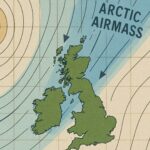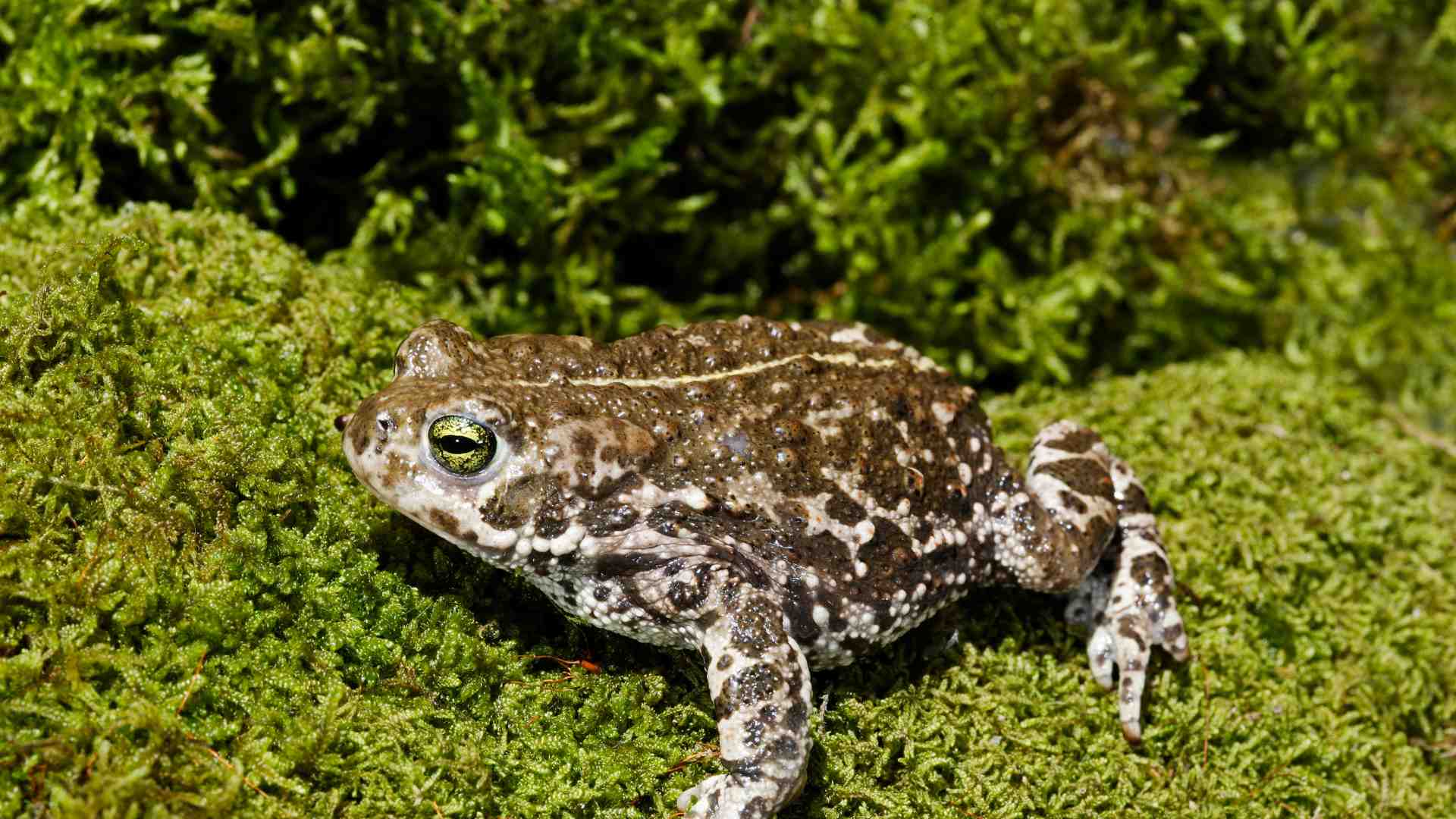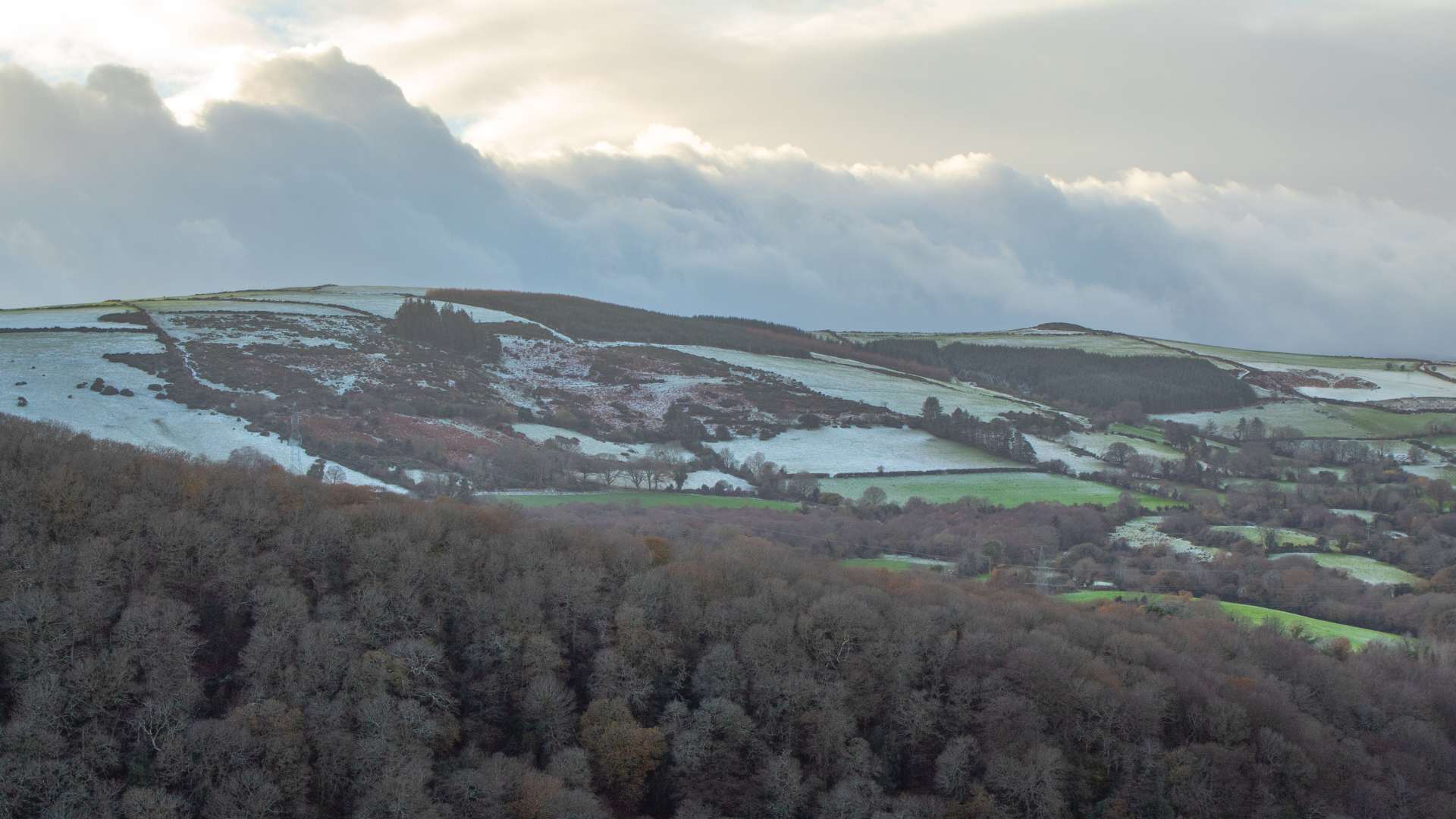
Whales, Puffins, Sprat Protected in Coastal Crackdown
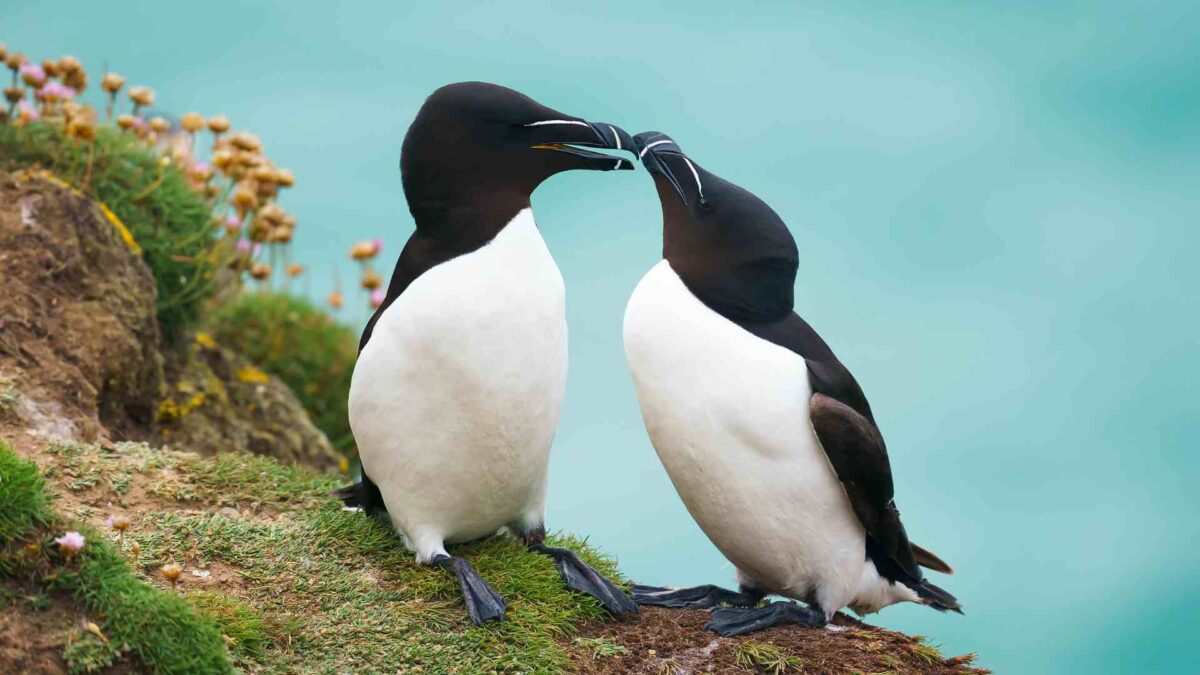
The Government has announced sweeping new protections for Ireland’s inshore waters, with a ban on industrial trawling for sprat by large vessels hailed as a major victory for marine wildlife and biodiversity.
Welcoming the move, Minister of State for Nature, Heritage and Biodiversity, Christopher O’Sullivan TD, said the decision marked “a step forward for Ireland’s marine environment and for the future of our marine wildlife.”
From 1st October 2026, all vessels over 18 metres in length will be banned from trawling inside Ireland’s six nautical mile zone—an area considered critical for marine ecosystems and smaller fishing operations. In the lead-up to the ban, a transition period will apply from October 2025, with large vessels required to apply for authorisation and restricted to a 2,000-tonne sprat quota.
The directive follows months of public pressure and a groundswell of support from coastal communities, environmental groups, and wildlife advocates. Over 90% of public submissions to a recent consultation called for stricter controls on industrial fishing within the six-mile zone.
“For too long, overfishing of sprat has undermined the very foundation of our marine food web,” said Minister O’Sullivan. “This decision will help protect puffins, kittiwakes, razorbills and even humpback whales, all of which rely on sprat for survival.”
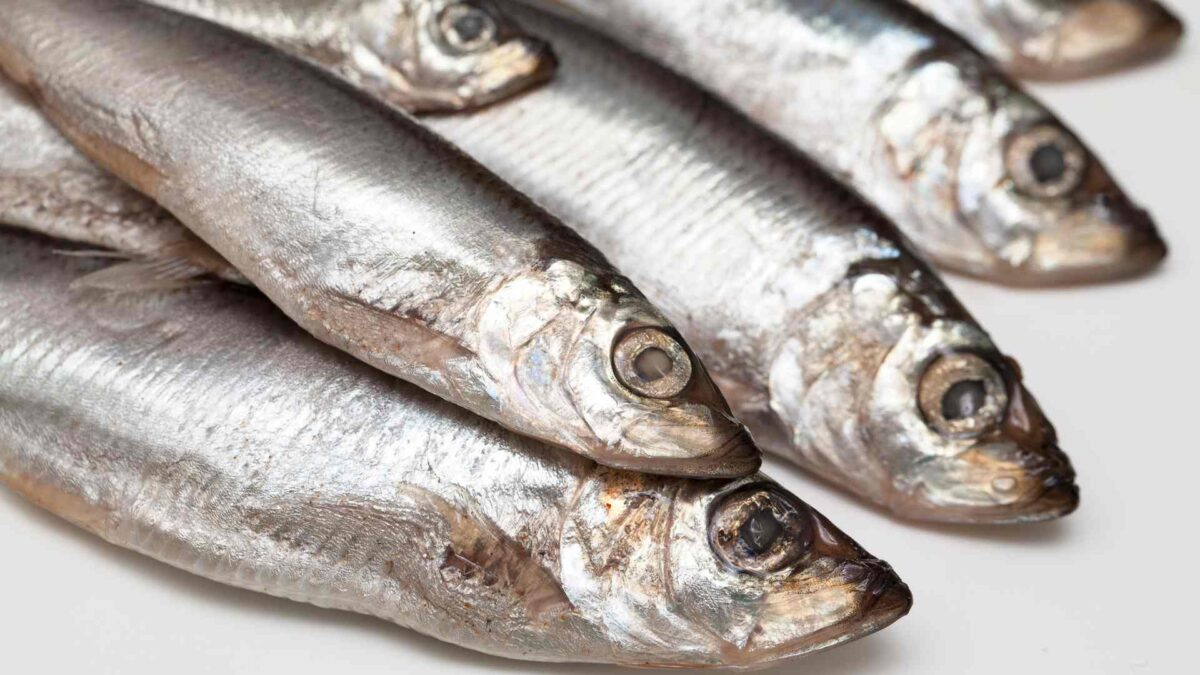
Sprat—a small schooling fish—plays an outsized role in Ireland’s marine ecosystem. Its availability underpins the diets of seabirds and marine mammals, many of which are already struggling due to habitat loss and climate impacts. Conservationists have long warned that continued industrial harvesting of sprat was pushing these species to the brink.
The announcement is being seen as a major policy shift and a signal that Ireland is serious about turning the tide on biodiversity loss in its seas. The move also aligns with global environmental goals, including the UN Sustainable Development Goal 14, which calls for conservation and sustainable use of oceans and marine resources.
“This is a win for science, for common sense, and for the passionate coastal communities who refused to stay silent,” said O’Sullivan, who praised the role of campaigners in West Cork, the Irish Whale and Dolphin Group, Save Our Sprat, and small-scale fishers in pushing for reform.
The changes will come into effect through a new Policy Directive and will be implemented by the Department of Agriculture, Food and the Marine in close collaboration with stakeholders.
Share this WeathÉire story:

